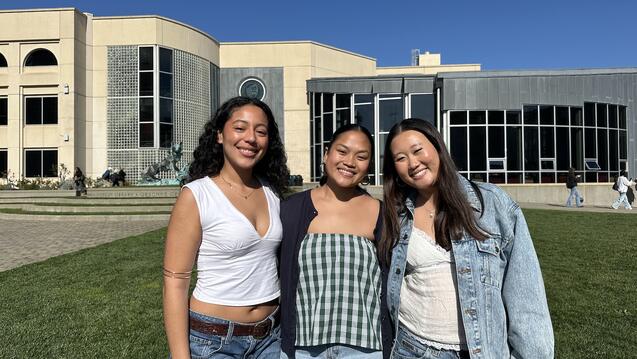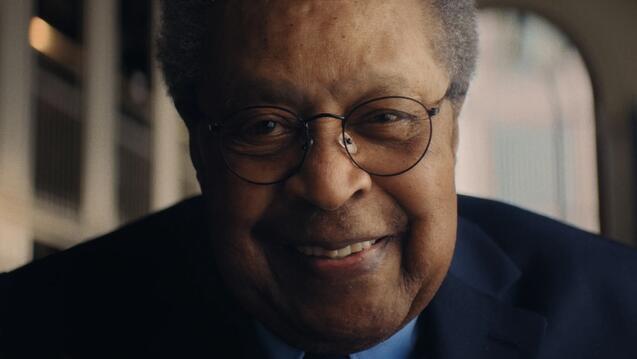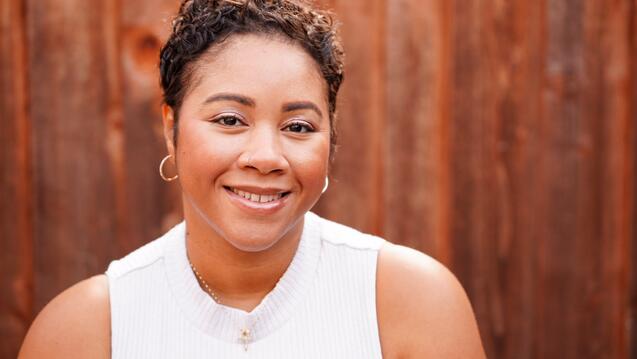USF Grad Leads Local War on Poverty

Kevin Zwick MNA ’02, named in June as CEO of the United Way Bay Area (UWBA), talks about affordable housing, systemic racism, and equity for all.
One in four Bay Area residents lives in poverty. What is your priority to help them?
In the Bay Area, the lack of affordable housing is the reason people cannot make ends meet. There are over 200,000 families who rent their homes in the Bay Area and are at risk of eviction in the next two months because they aren’t current on their housing payment due to the pandemic.
Over the next 100 days, I will be leading United Way Bay Area — together with staff, board, partners, supporters, and housing experts — to come up with our housing program for 2021 and beyond.
How has the pandemic affected your work?
Like many nonprofits on the front lines of the pandemic, we’ve seen an increase in demand for our programs. At the same time, we’ve seen many of our long-time supporters hurt by the economic crisis and layoffs and not in a position to give.
Two key tools we have at UWBA to help those hurt by the pandemic are both extremely strained and need more support. Our rental relief fund that provides critical rent assistance has more than 10 times the requests for funding than we can support. Our 2-1-1 helpline, for those in search of resources during the pandemic, has received 50,000 calls — a number we usually receive in a year — in the past four months.
How can we make the Bay Area more equitable?
It starts with the Bay Area looking at the causes of poverty and seeing how systemic racism has created structures that keep Black, Indigenous, and people of color from having equitable opportunities. The affordable housing crisis, for example, is rooted in a 100+ year history of racist land use and housing policies — what I call policy brutality. Racist covenants to redlining policies and restrictive lending kept Black families from buying and renting homes in white neighborhoods. And, affordable housing programs continue to be chronically underfunded.
We can make the Bay Area more equitable by ensuring a fair census, supporting community organizing, and making sure those most affected by public policy have a collective voice and seat at the table as we rebuild a better regional economy.
Tell us about your experience in the MNA program. How did the program prepare you for the work you’re doing?
Some of my fondest memories are the lifelong friends and colleagues I met, including Krista Lucchesi, who runs the Mercy Brown Bag Program in Alameda County, and Barb Larkin from American Red Cross. I feel very lucky to have taken classes from the program founder, Michael O’Neill, whose belief in the power of the voluntary sector to make change inspired me to seek a career in nonprofit service and leadership. I was hired for my first job in affordable housing by a graduate of the MNA program, Ali Kashani ’91, and I saw firsthand the importance of the alumni network. The courses on board governance, legal issues for nonprofits, and strategic planning feel as relevant today as they did 20 years ago.
Anything else you’d like us to know?
United Way Bay Area is turning 100 in 2022. It’s an amazing honor to lead this organization during a time of massive change, disruption, and opportunity. The quadruple pandemics — the COVID-19 public health crisis, a reckoning of racial injustice, an environmental crisis with wildfire after wildfire, and an economic crisis that stripped away any pretense of an equitable region — makes an organization like ours more important than ever.


